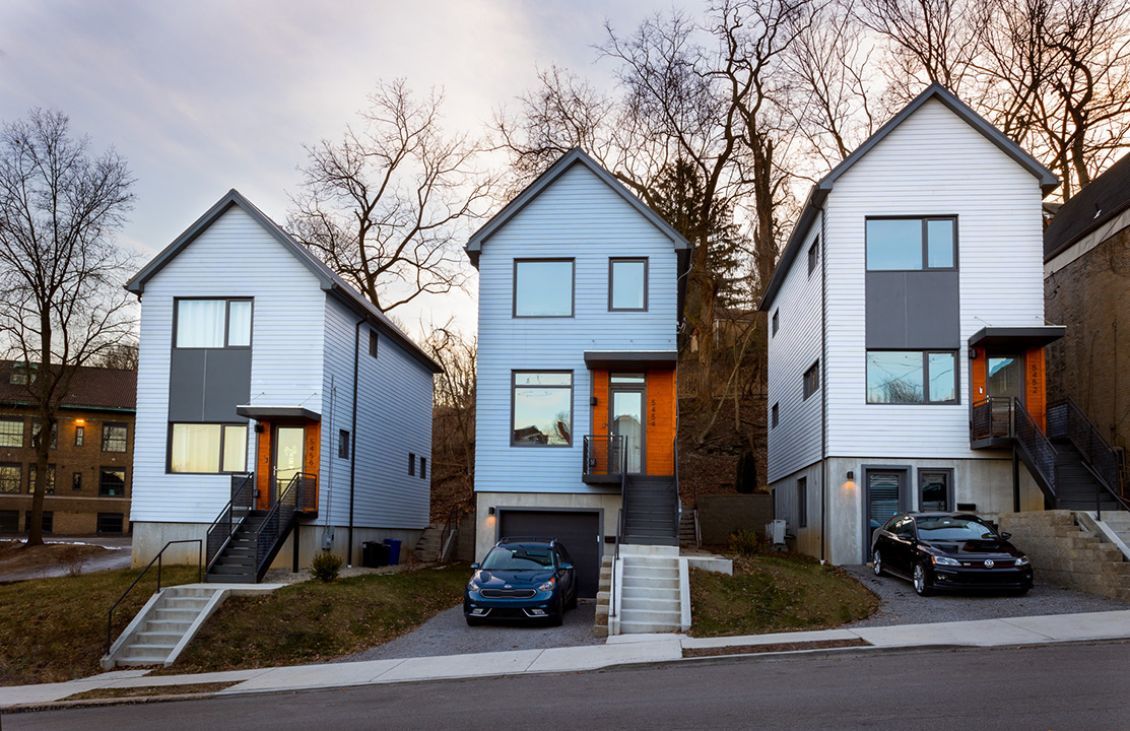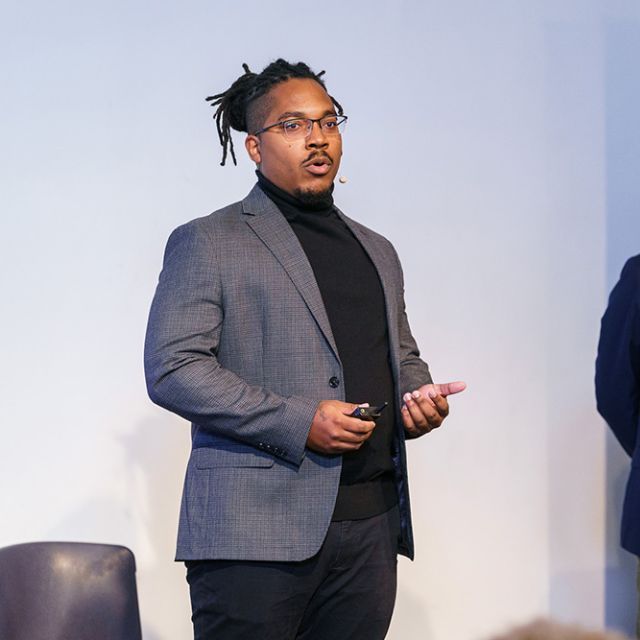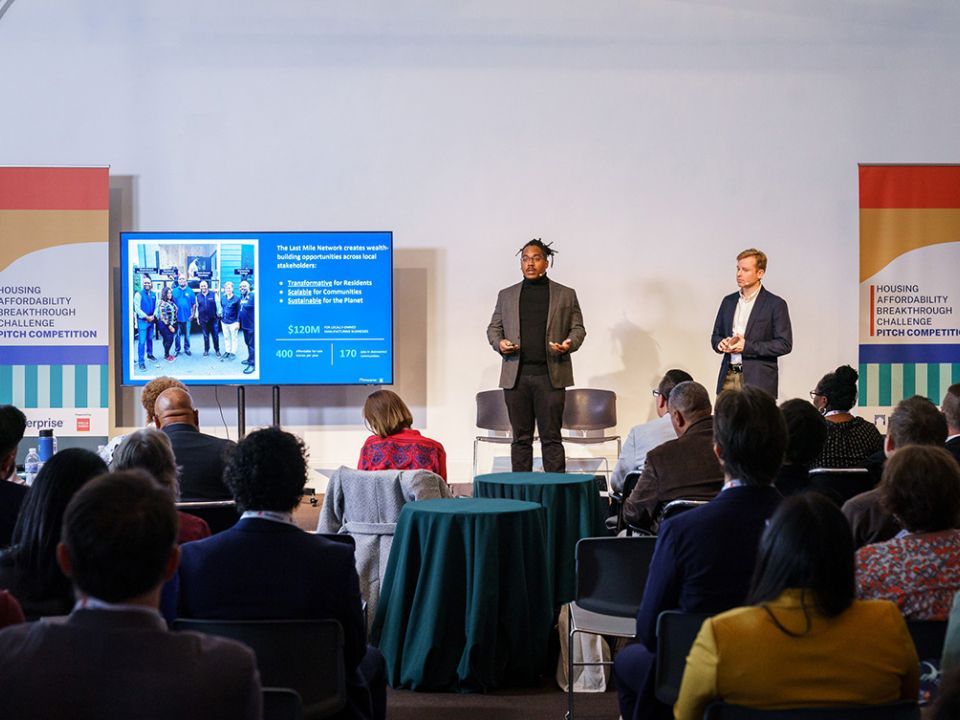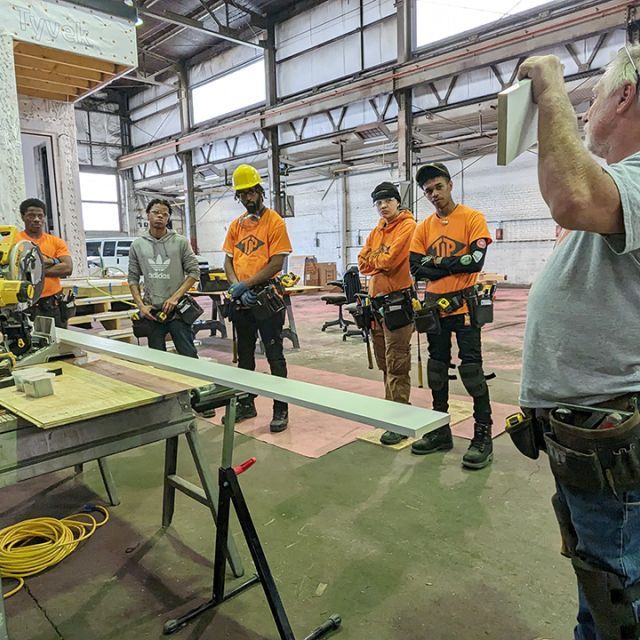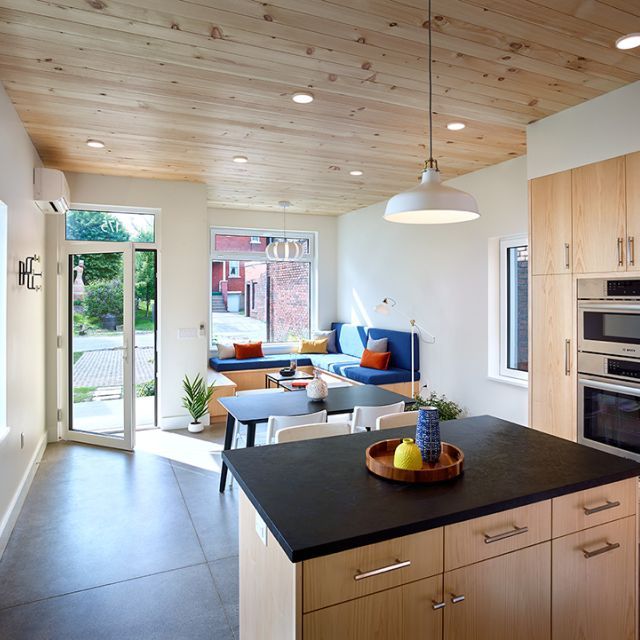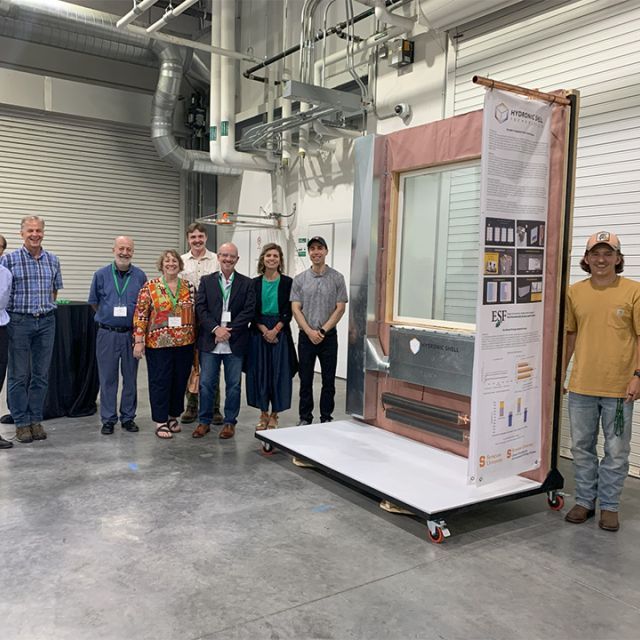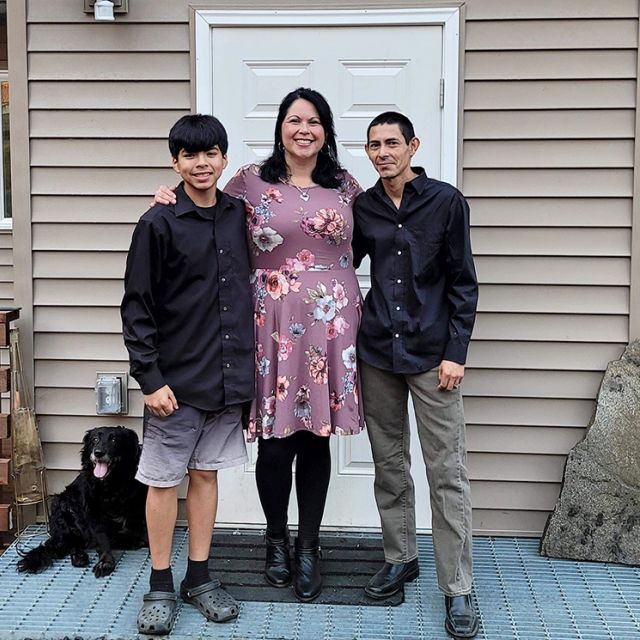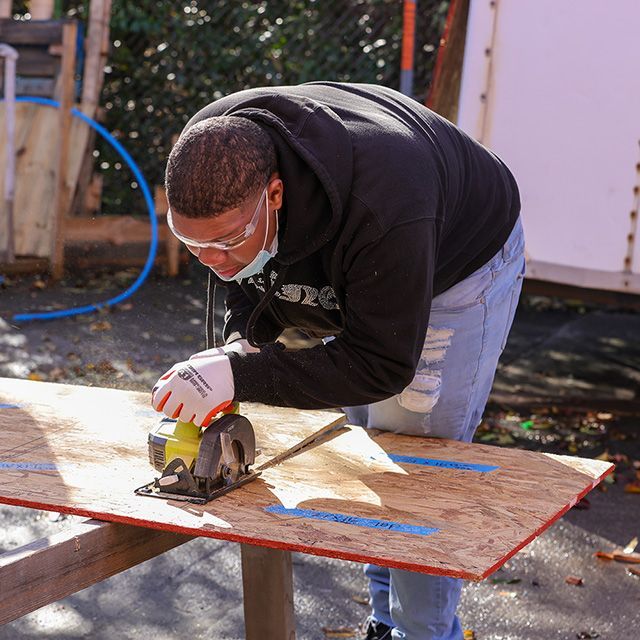The Challenge
Modular factories are typically located hundreds of miles from the communities they serve. This outsources construction jobs and limits access to innovative building methods. It also adds challenges and costs for transporting oversized loads across multiple states. These barriers make it hard for developers in cities to employ modular housing solutions.
Opening a modular factory also requires significant capital. New modular construction facilities can cost up to $40 million and occupy several acres of land. In addition, most modular facilities focus on single-story housing. Developers struggle to deliver the prefab product needed for many cities, including accessible and visitable multistory housing with energy-efficient systems.
How it Works
The Last Mile Network features a centralized factory – a production hub in Pittsburgh – that builds different home parts and a circuit of modular micro facilities in disinvested communities. Parts ship on standard trucks to smaller factories within a 30-minute drive of the communities served where they are assembled into boxes to produce the final product: an all-electric home that’s built 40% faster and is 80% more energy efficient. Standardized components and designs create efficiency and can be adjusted to fit a community’s needs and aesthetics.
Local workforce development programs provide residents in communities of color an entry to well-paying construction jobs. The Last Mile Network factory workers also gain an equity stake in the business and down-payment assistance to buy a home they create. Plans to scale the innovation entail doubling the Pittsburgh hub’s capacity and opening new micro facilities in Maryland and Virginia. The projected impact of that expansion includes 170 jobs and 400 homes a year, generating $120 million in revenue for Black-owned businesses.


